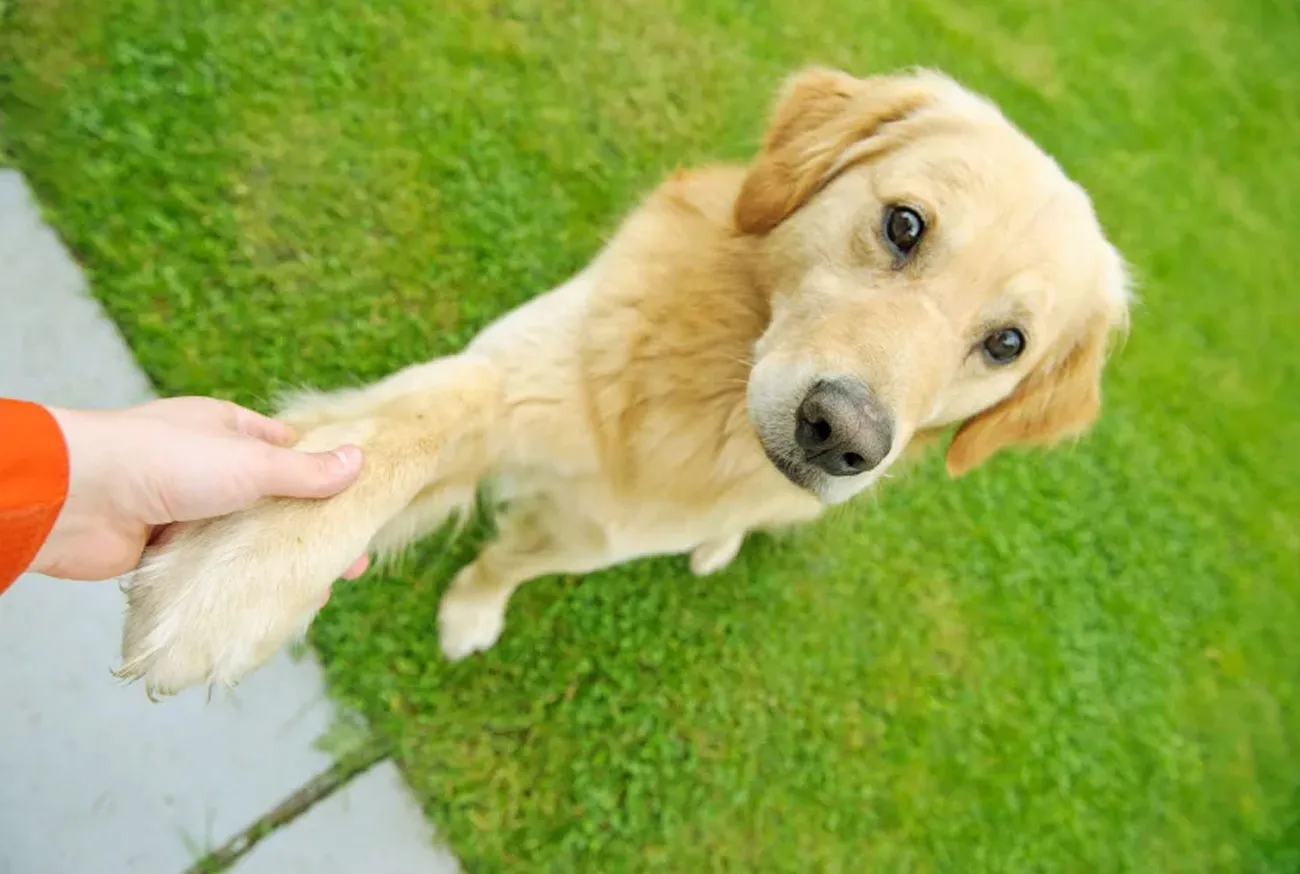What does a dog trainer do?
A dog trainer is much more than someone who teaches "sit" or "stay." They are specialists in animal behavior, capable of understanding a dog’s body language, emotional needs, and how they interact with their environment.
The most common services include:
- Correcting bad behaviors: such as chewing on furniture, excessive barking, or jumping on people.
- Basic training: commands like "come," "lay down," and "stay."
- Socialization: helping the dog interact with other animals and people.
- Advanced training: specific skills, like retrieving objects or even emotional support.
The role of the trainer goes beyond teaching. They empower pet owners to better understand their dogs, promoting a relationship built on trust and mutual respect.
Why invest in a dog trainer?
Many people believe they can solve their dog's behavioral problems on their own. While some techniques may work, the help of a professional makes all the difference. Here are a few reasons to hire a trainer:
- Faster and more consistent results: trainers have practical experience and know how to tailor techniques to each dog’s needs.
- Prevention of future problems: teaching commands and socializing a dog early on prevents unwanted behaviors.
- Strengthening the owner-dog bond: with a trainer, you learn to communicate clearly and effectively with your pet.
- Animal well-being: trained dogs are happier because they understand what is expected of them and live in a harmonious environment.
Investing in training means investing in your pet’s quality of life and your peace of mind.
How to choose the ideal dog trainer?
Not all trainers have the same approach or experience. That’s why choosing the right one is essential. Here’s what to look for:
- Training method: opt for professionals who use positive techniques, avoiding punishment or methods that cause discomfort to the dog.
- Experience and references: ask for recommendations from other pet owners or check online reviews.
- Certifications: while not mandatory in some countries, certified trainers can be a great advantage.
- Empathy with the dog: observe how the trainer interacts with your dog during an initial consultation.
Remember: training is a partnership. A good professional will work with both the owner and the dog to achieve the best results.
Training techniques: How dogs learn
Dogs are highly intelligent animals capable of learning a variety of commands and behaviors. The main techniques used by trainers include:
- Positive reinforcement: rewarding the dog with treats, praise, or playtime when they perform a desired behavior. This technique is effective and creates a pleasant experience for the animal.
- Classical conditioning: associating specific stimuli with certain actions or behaviors. For example, using a clicker to reinforce commands.
- Routine-based training: dogs learn better when there is consistency. Establishing fixed schedules for feeding, walks, and training helps the learning process.
Patience is key in the training process. Not all dogs learn at the same pace, but with persistence, results will come.
Inspiring stories: When a dog trainer changes lives
To illustrate the impact of good training, let me share the story of Luna, a golden retriever who suffered from severe anxiety. Her owners couldn’t leave her alone at home without her destroying furniture and shoes. After three months with a dog trainer, Luna learned to cope better with separation and mastered basic commands that made daily life easier.
Stories like Luna’s show that every dog has the potential to be more balanced and happy. With the right training, challenges can turn into achievements.

Practical tips to start training
If you want to start training your dog, here are some simple and effective tips:
- Be consistent: always use the same commands and rewards.
- Train in quiet environments: distractions can make learning more difficult.
- Reward immediately: the dog needs to associate the reward with the desired behavior.
- Avoid punishments: instead, ignore unwanted behaviors and reward the positive ones.
- Be patient: remember that every dog has its own learning pace.
While home training is valuable, professional help can speed up and enhance the results.
Dog trainer: A lifelong ally
Hiring a dog trainer is not just a one-time solution. They can be your partner through different stages of your dog's life, from socializing puppies to managing behavioral issues in senior dogs. Additionally, they teach owners how to create a routine that ensures long-term learning.
Dogs are emotional and sensitive beings. Providing them with the necessary support is an act of love.
Transform your dog's behavior and your relationship
The role of a dog trainer goes far beyond teaching commands. They are relationship facilitators, helping owners and pets live in harmony. If you are looking to improve your pet's behavior or strengthen your bond, training is the right path.
Share this article with friends and family who also love their dogs and want to give them the best. Together, we can create a world where every dog receives the attention and care they deserve!
People also ask
What is the cost of a dog trainer?
The cost of a dog trainer can vary significantly depending on the professional's experience, location, and the type of training offered. On average, an individual session can cost between R$100 and R$300, while packages with multiple lessons may offer discounts. Always evaluate the cost-benefit based on your dog's needs.
How much does a dog trainer charge?
The price charged by a dog trainer depends on the type of service offered, such as basic training, behavior correction, or advanced training. Additionally, the duration and frequency of sessions also influence the price. Monthly packages can range from R$800 to R$2,000, depending on the professional and the demand.
What is the best age to take your dog to a trainer?
The best age to train a dog is from two or three months old when they are still puppies and in the socialization phase. However, adult dogs can also be trained, although the process may take longer depending on the animal's behavior and personality.
How much does a dog trainer cost?
The cost of a dog trainer can range from R$100 to R$300 per individual session, with lower prices per class in closed packages. Additionally, some professionals offer in-home training, which may increase the price depending on the distance and travel required.
















Add comment